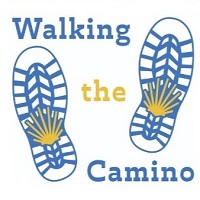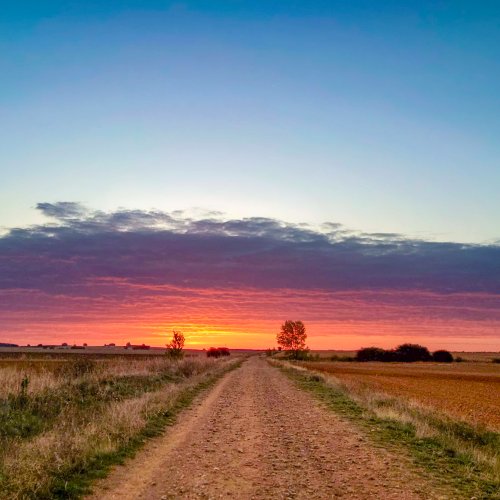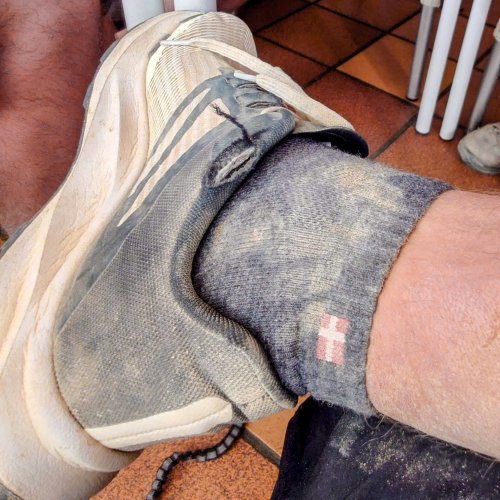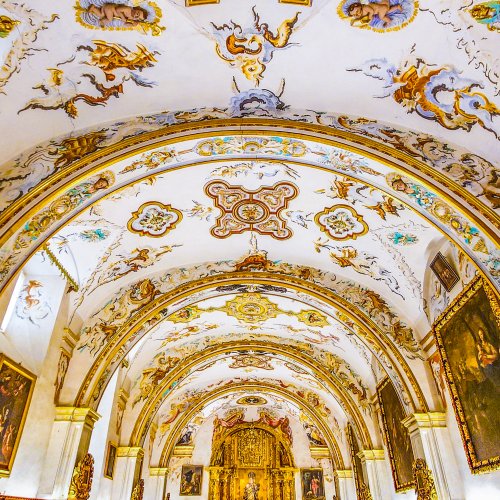A bit of a point to the interested non-Catholics who are following the often confusing posts regarding standing, sitting and kneeling.
For any non-Catholics out there who are still tuned in as we Catholics (and Anglicans, Lutherans and other liturgical Christians) argue about the right way to do things...

Coming from a non-Catholic background myself and teaching adults who come into the Church from other faith traditions, I imagine that a few common question might have arisen in your mind that you might be reticent to jump into the fray and ask:
1. "Wait, I thought Catholics all did the same things"
If the discussion above highlights anything, it is that Catholic practice isn't as regimented as many non-Catholics imagine it is. That being said, things are common enough that I can walk into any church around the world and participate...and enjoy the odd variations between countries, regions and even individual parishes.
2. "What is the point of all of the posture stuff anyway? Isn't it complicated and distracting?"
In practice, it is not complicated at all. It is only when we sit down to talk about it over the beverage of our choice that we make it sound more arcane than it really is.
Think of it in terms of dancing. Certain dances have certain steps...say a waltz, for example. Yet if you see a waltz in different places it will look different. Everyone has a different style--sometimes varying by culture, but often by individual. Yet the framework is the same.
And just like dancing, once you learn the steps they become ingrained and you don't think about the foot movements anymore...you concentrate on dancing the dance.
Whats the point of it? The individual postures have meaning in the context of the Liturgy. Standing indicates attention, participation and collective action (think 'a unit of soldiers'). So, we stand when we pray together and when we receive the words of the Gospel (our 'orders'). Sitting indicates listening and receptivity...we sit during the other readings and during the sermon as learners. Kneeling is a posture of reverence and sometimes penitence. We kneel during the Eucharistic Prayer because that is when Jesus our King arrives.
Catholic theology has traditionally been non-dualist in its thinking about human beings: we are an inseparable composite of body, mind and spirit. So we involve our bodies and our senses in our worship.
3. "So how do I know what to do?"
The advice from
@JohnnieWalker and
@falcon269 above is the best...follow along with others. Just like a dance, you best bet is to jump in and do it as best you can! No one will fault you for sitting (being a 'wall-flower', to extend the overextended dancing metaphor), nor will they likely even notice. But you'll certainly experience it more deeply if you experience it as a participant rather than a spectator.
Buen Camino (y buen bailando!)
-Jason






























